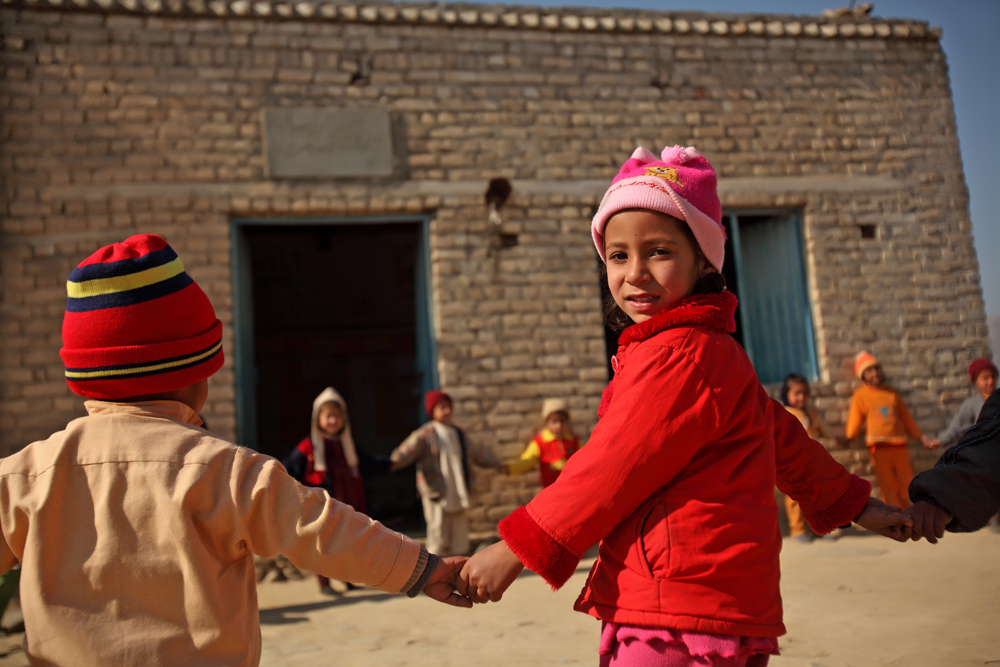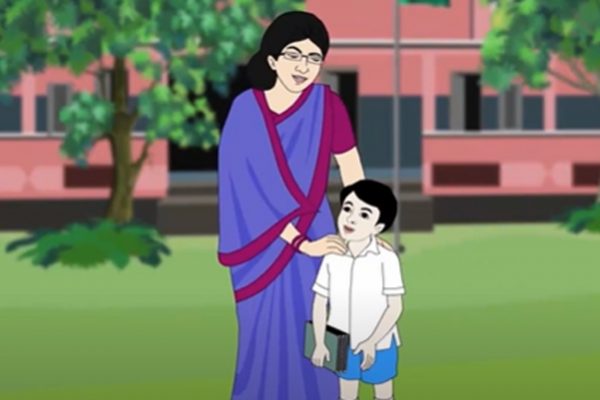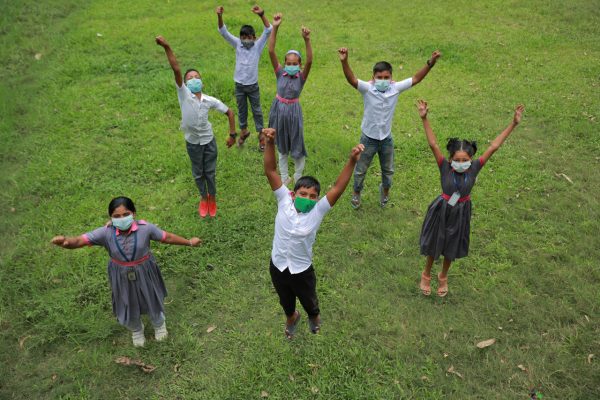Paying attention to the early years pays off
Reading Time: 2 minutes
Everyone, from Save the Children, Plan International, and UNICEF, to BRAC, agrees that the early years are critical to a child’s overall development. How best to invest in those early years is a fertile topic for exploration and debate among academics, scientists, and policymakers. What if early childhood and adolescent development was also seen as a potential career path for women?

Nusrat Jahan, 5, a student at BRAC’s pre-primary school in Bhakka Purana, Nowshera district of the Khyber Pakhtunkhaw province of Pakistan. (Photo: BRAC)
Everyone, from Save the Children, Plan International, and UNICEF, to BRAC, agrees that the early years are critical to a child’s overall development. How best to invest in those early years is a fertile topic for exploration and debate among academics, scientists, and policymakers. What if early childhood and adolescent development was also seen as a potential career path for women?
Poverty is often a constraint on effective childcare, as mothers face so many pressing issues that compete with their children for their attention. This is especially true with girls who are having children while they themselves are still going through adolescence, a time when the so-called “executive functions“—the brain’s ability to regulate inhibition, attention, memory, and so forth—are still developing. The issue can be even more acute in post-conflict situations, which can produce “toxic stress,” such as South Sudan, Afghanistan, Uganda, and Sierra Leone. Poverty itself can thus be viewed as a form of trauma, causing toxic stress that can have adverse effects on a child’s early development.
James J. Heckman, a leading economist and Nobel laureate, has shown that early influence on children has an extended impact on the dynamic process of skill formation—essentially building social capital from the ground up. But it doesn’t end with the early years. Focusing on cognitive development and skill building is a lifelong, cumulative process.
With that process in mind, BRAC’s Empowerment and Livelihood for Adolescents (ELA) program provides safe spaces for social and financial empowerment for adolescent girls. Now BRAC is also exploring the idea of a paraprofessional training program in the basics of child care for these girls, attempting to meet the need locally for trained caregivers while providing more livelihood options for girls and young women.
Building a solid foundation at the beginning of life creates a cyclical value chain that pays off again and again. As more children develop sound cognitive and social facilities, they’ll end up getting more education and earning more as adults. They’ll invest more in education for their own children, who will feel less pressure to drop out of school to work.
Proper attention to the early years of life need not be the exclusive domain of those better-off. We can train people to be caregivers of young children, creating new career tracks—and accelerating the virtuous cycle of investing in children.





